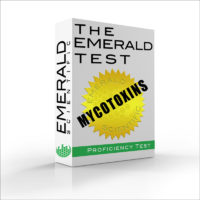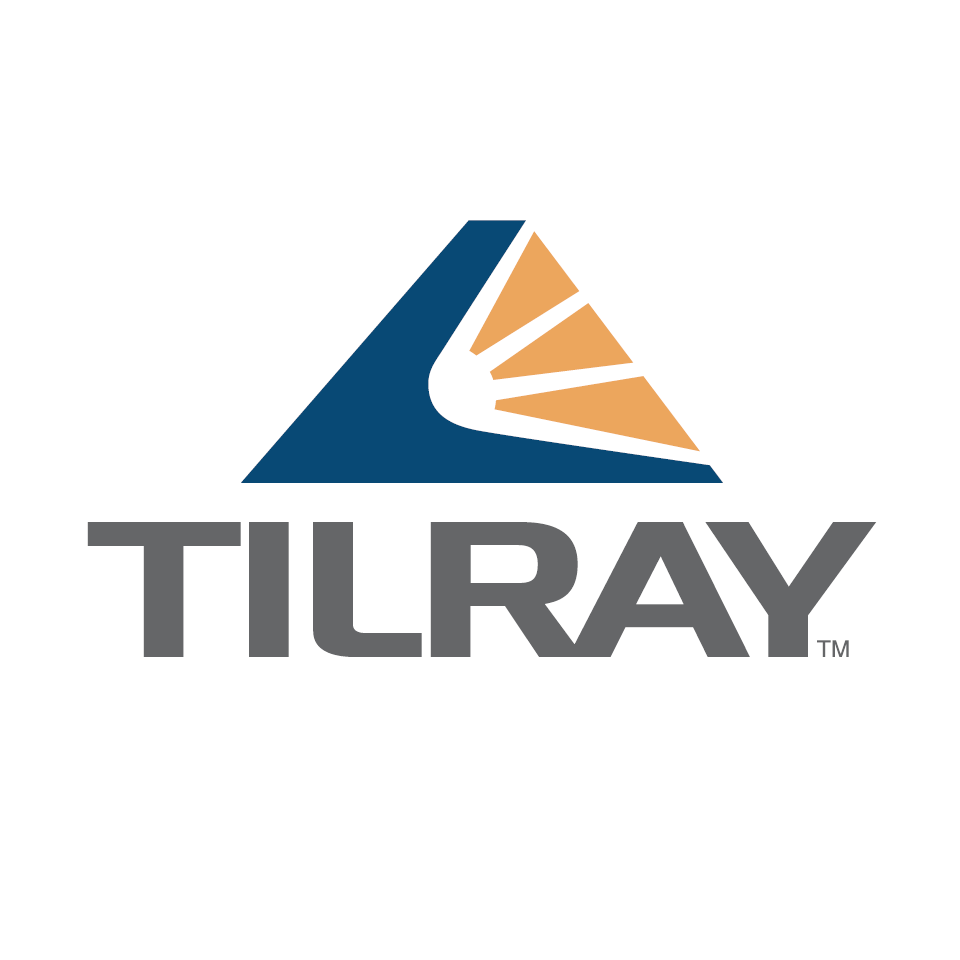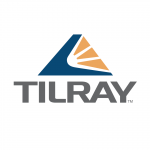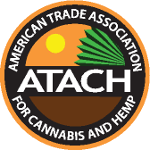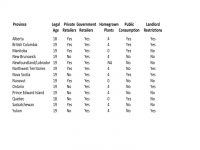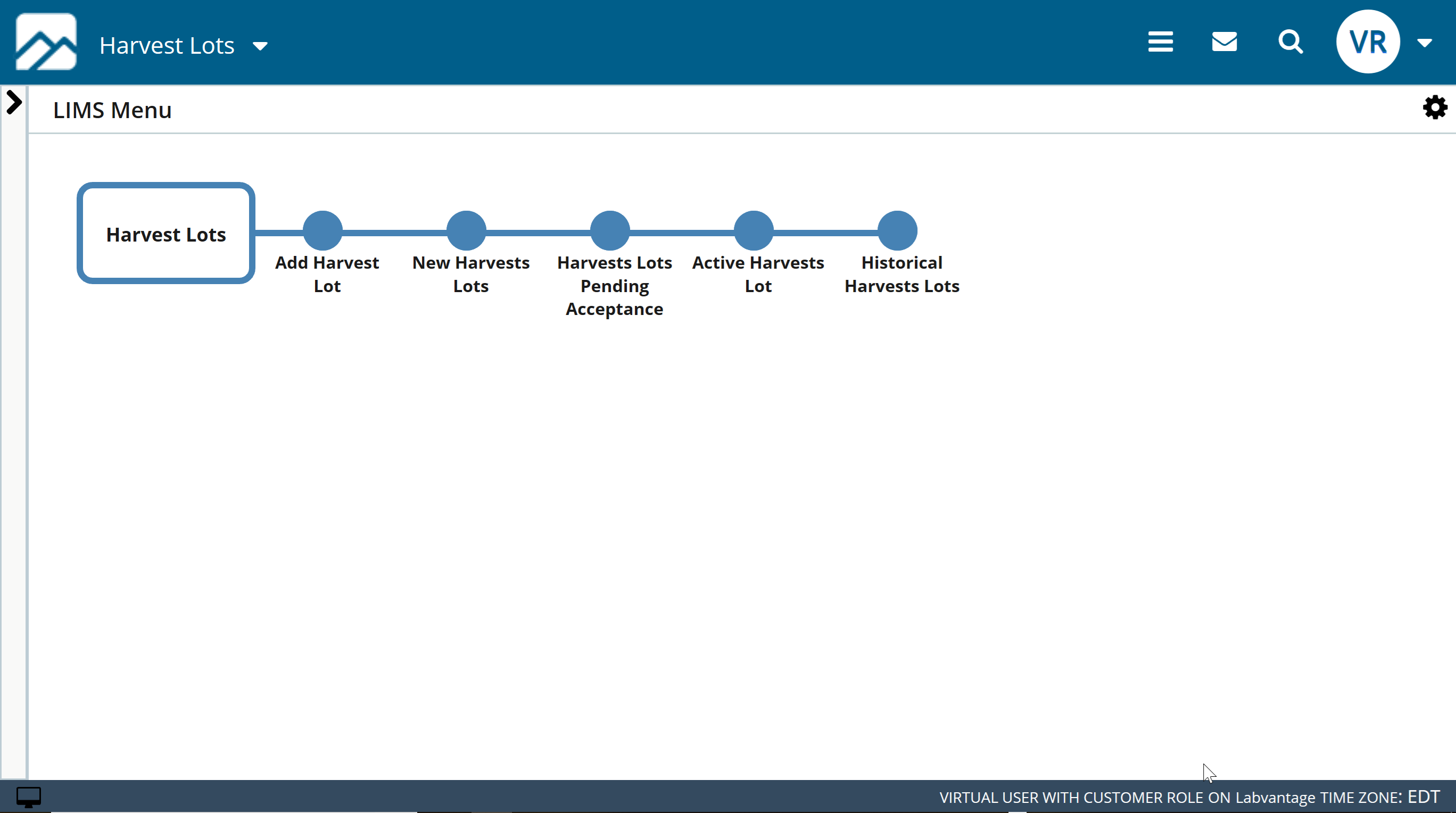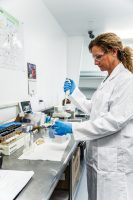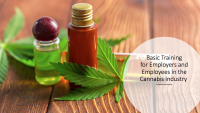The Food Safety Consortium, taking place November 13-15 in Schaumburg, Illinois, will host a series of talks geared towards the cannabis industry this year. The newly launched Cannabis Quality Track features a number of panels and presentations designed to highlight the many intersections between food safety and cannabis.

The track will have presentations discussing food safety planning in cannabis manufacturing, HACCP, GMPs, regulatory compliance and supply chain issues among other areas.
Ben Gelt, board chair of the Cannabis Certification Council, is moderating a panel titled What’s In My Weed? that will delve into issues like supply chain, production and other difficulties in creating cannabis products and the challenges inherent in teaching consumers to be more discerning.

Panelists will include:
- Kristen Hill, MIP Director at Native Roots Dispensary
- Jenna Rice, Director of Operations at Gron Artisan Chocolates
- Leslie Siu, Founder and CEO of Mother & Clone
- Kimberly Stuck, Founder of Allay Compliance Consulting

Ben Gelt and the Cannabis Certification Council orchestrated the development of this panel to help promote their #WhatsInMyWeed consumer awareness and education campaign. “The Cannabis Certification Council believes consumer education campaigns like #Whatsinmyweed are critical to drive standards and transparency like we see in food,” says Gelt. “What better place to discuss the food safety challenges the cannabis industry faces than the Food Safety Consortium”
Before Kim Stuck founded Allay Compliance Consulting, she was the first Marijuana Specialist for a public health authority in the nation, where she was working with regulators in Denver, Colorado. She is currently a cannabis food safety expert and a Certified Professional of Food Safety (CP-FS) through NEHA. She has helped Colorado and California develop cannabis food safety requirements. “I will discuss pitfalls we have experienced in the regulation of cannabis in Denver and what mistakes not to make,” says Stuck. “I’d also like to talk about how to be prepared for when those regulators start to come in to facilities.”

Kristen Hill is the MIP Director at Native Roots, arguably one of the largest dispensary chains in the world. She oversees 30 employees in Native Roots’ MIP facility where product testing and quality assurance of products are all led under her guidance. Her background includes managing quality assurance and regulatory compliance with FDA regulations, among other areas. She said she’s particularly excited to talk about implementing manufacturing best practices in the cannabis space. “Cannabis is maturing and is beginning to shape operations around long standing best practices in other industries,” says Hill.

Leslie Siu brings to the panel 17 years of liquor, tobacco and pharma marketing and operational oversight plus global digital and experiential campaigns. Her company, Mother & Clone, produces infused, sublingual cannabis sprays. Based in Colorado, Mother & Clone’s team of biochemists are Merck alumni, currently working towards GMP standards in preparation for Canada, slated to be on shelf in the spring of 2019. Her main consideration for cannabis product development comes from what she has learned from the FDA in traditional industries- what they will and will not tolerate.









